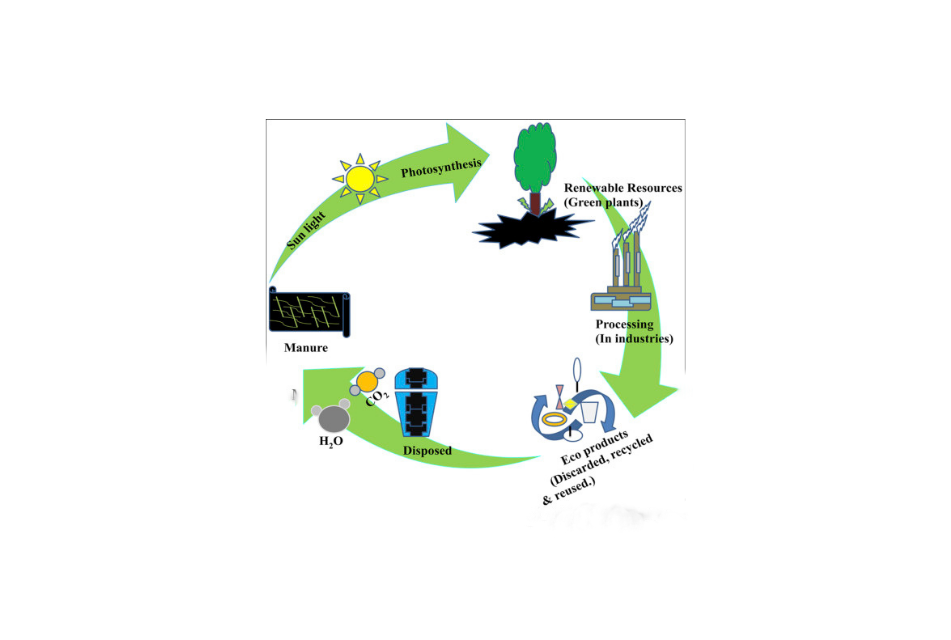The bioplastics sector is witnessing rapid growth and increased investment as the global demand for sustainable materials intensifies. With mounting environmental criticism of conventional plastics due to their contribution to pollution and climate change, companies are fast-tracking new ventures in bioplastics to provide eco-friendly alternatives. Bioplastics, derived from renewable resources like corn, sugarcane, and algae, offer reduced carbon footprints and biodegradability, making them an attractive solution to the environmental crisis caused by traditional petroleum-based plastics.
Global leaders in packaging, consumer goods, and automotive sectors are partnering with bioplastics innovators to integrate sustainable materials into their supply chains. Governments are also supporting this shift through stricter regulations on single-use plastics and incentives for adopting green technologies. Notable players, including NatureWorks, Novamont, and Total Corbion, have announced expansions in production facilities to meet growing market demand.
Despite the promising outlook, challenges remain. Critics argue that not all bioplastics are biodegradable under normal environmental conditions, and large-scale production can strain agricultural resources and land use. However, advancements in second-generation bioplastics, which utilize non-food feedstocks like agricultural residues, are addressing these concerns.
The race to scale bioplastics production reflects a broader push for sustainability in the materials industry. As companies balance economic viability with environmental responsibility, bioplastics are emerging as a cornerstone in the transition to a circular economy, offering a path forward in reducing the environmental impact of global plastic consumption. This surge in activity underscores the sector’s growing importance in shaping a sustainable future.

















